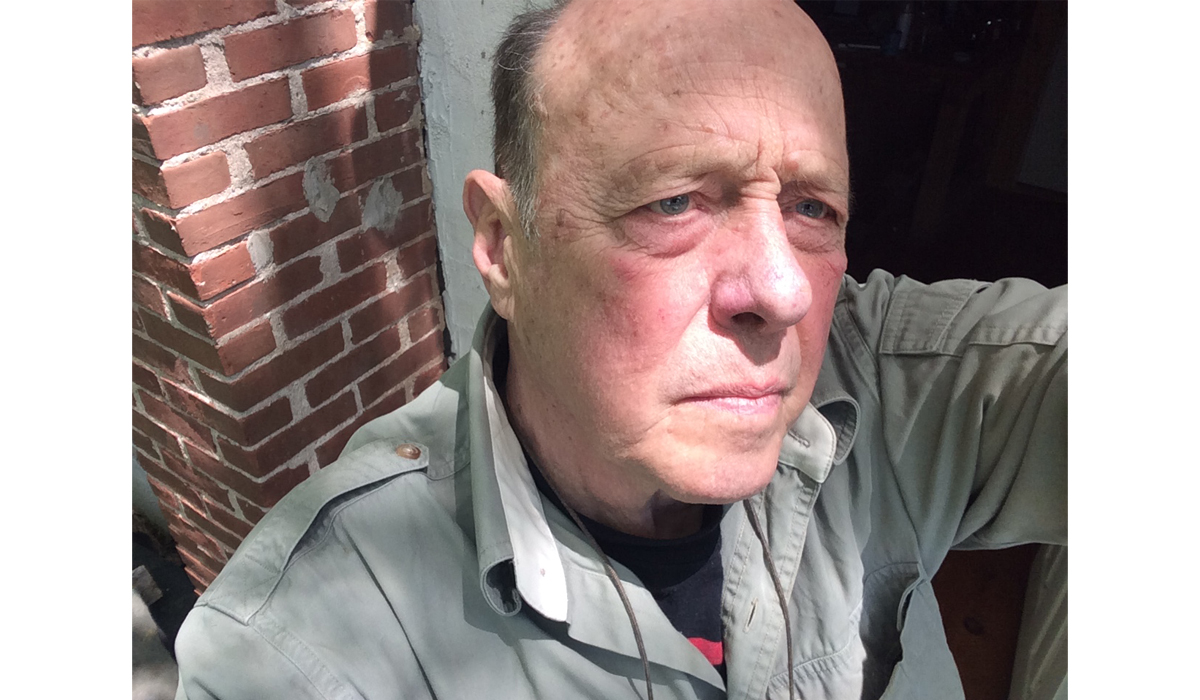
James C. Scott, the political scientist, anthropologist and anarchist thinker, whose work has had an increasing footprint in the artworld, has died.
A professor of political science at Yale University, much of Scott’s work has involved looking at historical models of how ‘powerless’ or subaltern groups achieve agency and the strategies they use to pursue it. His breakthrough came in 1985 when, against all advice from colleagues worrying that such an unglamorous move would be detrimental to his academic career, Scott decamped to a Malaysian village of 70 families. The result was his acclaimed Weapons of the Weak (1985), which examined everyday forms of resistance.
‘On the basis of my year and a half in a Malay village,’ he recently reflected in the Annual Review of Political Science. ‘I discovered that resistance was ubiquitous, but it almost always took the forms that were least dangerous and were designed to evade any dangerous retaliation from the authorities.’
‘Let me give an example in Malaysia. There was widespread resistance to the Islamic tithe… There was opposition but there was no open protest. There were no marches; there were no petitions to the government. The opposition to the tithe took the form of surreptitiously undermining it by emptying it of substance. For example, rice handed over to local officials was almost always the worst rice, and the bags of rice were contaminated with stones in order to increase their apparent weight.’
A decade later Scott examined how states coerced uniform behaviour from their citizens or subjects. Seeing Like a State (1998) argued that state attempts to make a people legible (by categorising them) makes them more easily manipulable; The Art of Not Being Governed (2009) looked at resistance to cultural assimilation in the uplands of Southeast Asia, arguing that minority groups used vernacular knowledge and ‘their culture… to put distance between themselves and the states that wished to engulf them’.
His work has been quoted by writers such as Legacy Russell, curators such as Anselm Franke, and artists including Amar Kanwar, Liu Chuang, and Ho Tzu Nyen, as well as protest movements worldwide.
Scott was the Sterling Professor of Political Science and Professor of Anthropology at Yale and the co-director of the Agrarian Studies Program. He was made a Fellow of the American Academy of Arts and Sciences and was awarded resident fellowships at the Center for Advanced Study in the Behavioral Sciences, the Institute for Advanced Study, and the Science, Technology and Society Program at MIT.
He is survived by his children and his partner, Anna Tsing, the American anthropologist.